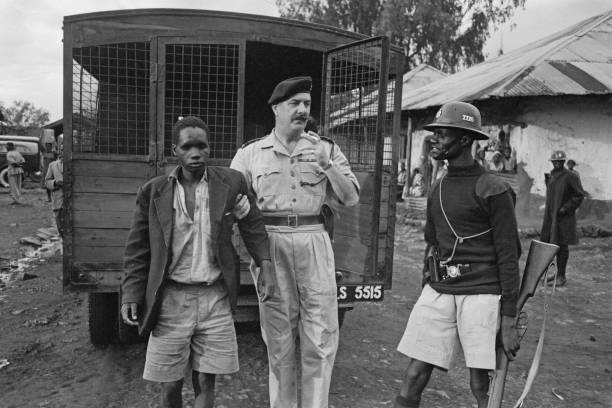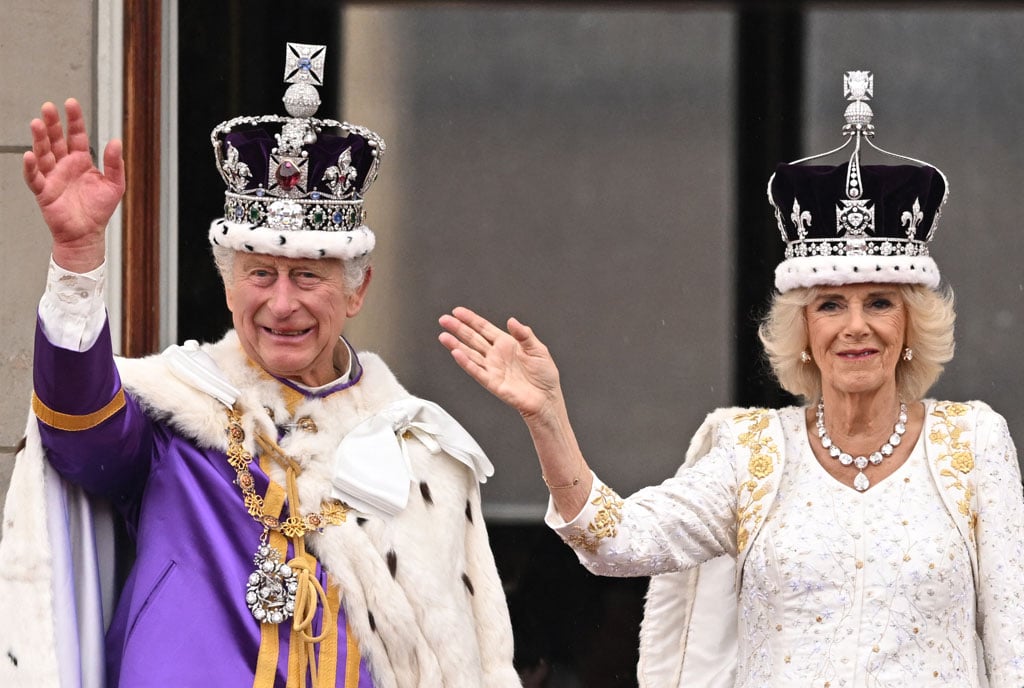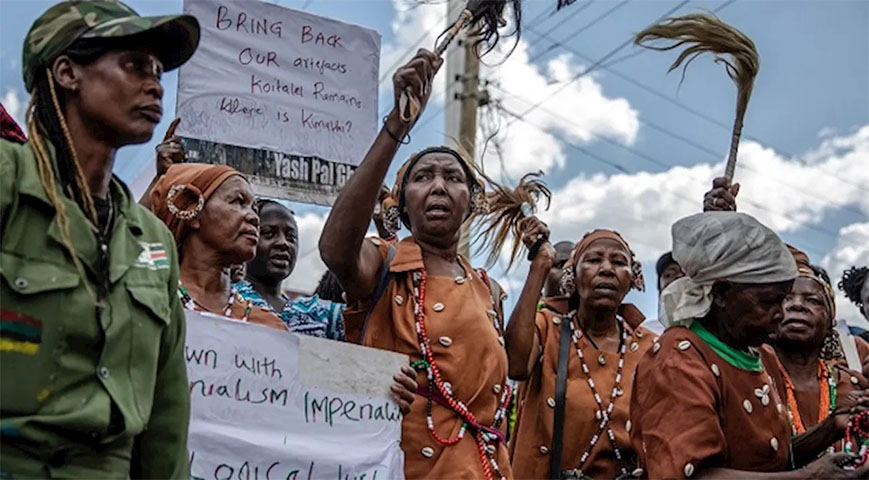After over 60 years since kenya gained independence from Britain, Mau Mau fighters who were imprisoned, tortured, and denied food at a British-run work camp in Kenya are still waiting for justice.
Gitu, now in his nineties, has increased his demands for an apology and reparations from the British government as King Charles III visits East Africa.

Gitu dropped out of school as a teenager after a quarrel with the principal over his anti-colonial convictions and eventually became a member of the feared Mau Mau insurgents as a young man.
Did you read this?
For nearly eight years, the guerrillas terrorized white settlers from strongholds in distant jungles, typically with dreadlocked hair and animal skins.
"We fought for freedom because colonial settlers had taken all the fertile land and made it their own," Gitu told AFP during an interview at his home outside Thika, surrounded by pineapple orchards.

"The cruel... ill-treatment that was meted to the Africans by the colonial administration, I was one to suffer that."
The undulating green hills and lush woods of central Kenya, called the "white highlands" by colonial settlers, sowed profound anger among Gitu's ethnic Kikuyu people, who were driven off the land.
Months after the uprising began in 1952, then-British Prime Minister Winston Churchill proclaimed a state of emergency, laying the groundwork for a ruthless assault.

Tens of thousands of individuals were swept up and kept without trial in camps where there were tales of executions, torture, and brutal beatings.
A year into the slaughter, Gitu and his father were caught and detained on a secluded Indian Ocean island.
"We left our children at home, suffering, having no food, no medical care, and no education," Gitu recounted, describing his seven-year incarceration in precise detail, his acute memory belying his age.









